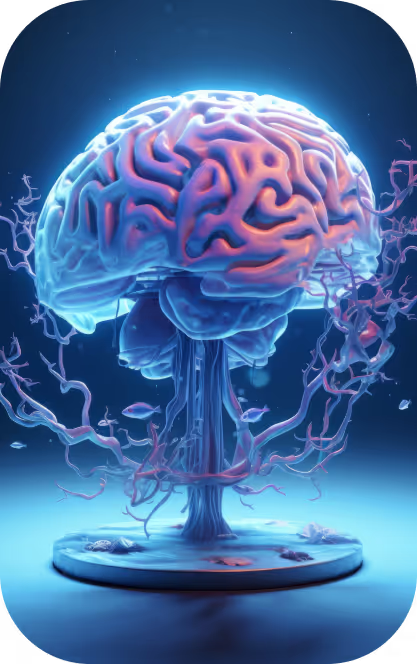How the Noosphere Can Help Overcome Digital Inequality


In today’s world, digital technologies, initially seen as a universal tool for uniting humanity, have instead deepened social divides. Billions of people remain “offline,” and unequal access to information creates disparities that profoundly impact economic, social, and cultural opportunities. In response to this challenge, noospheric ethics—based on the idea of human unity and responsibility for the harmonious development of society—offers new ways to bridge the digital divide.
The essence of the noosphere embodies the formation of a planetary information space where knowledge and information are accessible to all without exception. The noosphere is envisioned as a global network of interconnected consciousnesses, leaving no room for isolation, where equal access to information becomes a fundamental human right. From this perspective, the digital divide is not merely a technical issue but a serious ethical challenge requiring a comprehensive approach to resolution.
Noospheric ethics calls for a shift in how societies approach digitalization, emphasizing not only the implementation of new technologies but also ensuring their accessibility for all social groups. This means actively combating informational inequality through educational programs, the development of digital competencies, and the creation of infrastructure that allows for the effective use of digital resources in any environment. Furthermore, the noospheric approach advocates for responsible governance of the information space, transparency in algorithms, and the cultivation of ethical digital practices.
A key element of the noospheric approach is the role of artificial intelligence. AI can significantly accelerate efforts to close the digital gap, provided that algorithms are designed not just for economic gain but to foster social justice, inclusivity, and sustainable development. Noospheric ethics envisions AI as a tool for promoting societal well-being rather than exacerbating existing inequalities.
Thus, the noosphere offers not only technical solutions to digital inequality but also establishes ethical principles on which the digital society should be built. This requires a collective awareness of the shared responsibility for creating a just and inclusive digital space, where everyone has the opportunity to develop and realize their potential.










